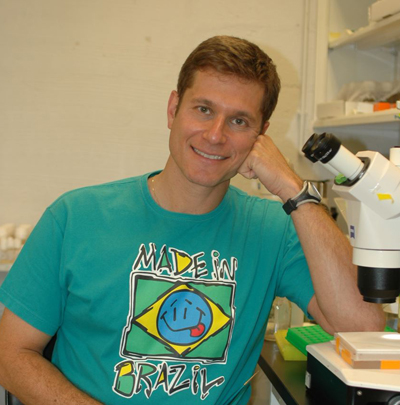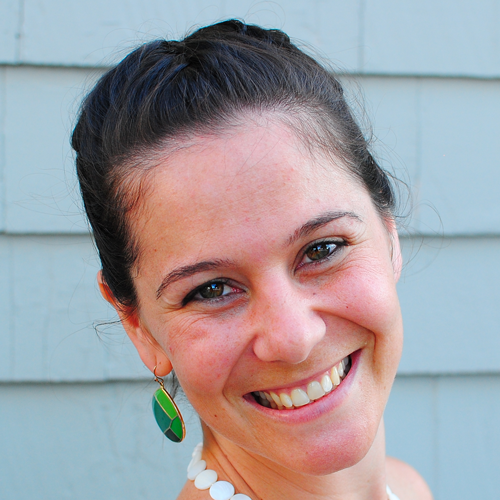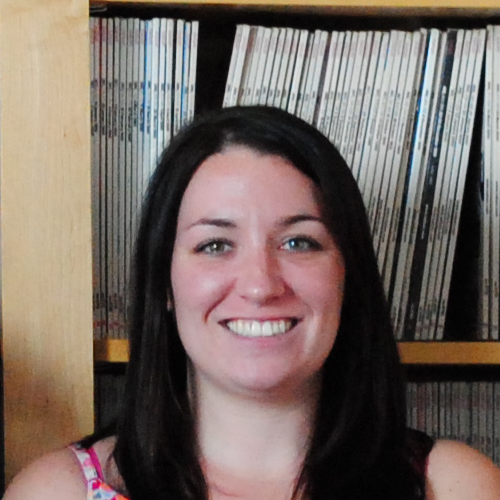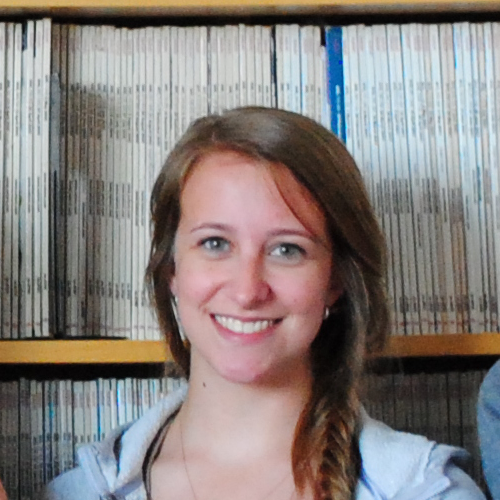Our Research
Our research generally focuses on understanding how microorganisms and their hosts interact at different biological levels (e.g. molecular, cellular, genetic, ecological and evolutionary). Specifically, we are interested in the interactions of the intracellular bacteria Wolbachia with their host cells. The infection of invertebrates by Wolbachia represents one of the great pandemics on this planet. Even though Wolbachia is one of the most abundant intracellular bacteria on earth, infecting up to 70% of arthropods and filarial nematodes, their mechanisms of transmission are poorly understood.
Beyond fundamental questions of host-microbe interactions, understanding Wolbachia biology also has specific medical relevance. (i) Closely related Rickettsial bacteria cause many vector-borne emerging human diseases, such as diverse forms of typhus and spotted fever . (ii) Wolbachia provides new approaches to treat human and animal filariasis - devastating diseases including river blindness and elephantiasis - caused by parasitic worms. (iii) Wolbachia is a potential agent to control insect vectors that transmit diseases such as dengue, filariasis and malaria.
The broad aim of my laboratory is to identify the mechanisms required for maintenance of Wolbachia infection through successive generations of their host (vertical transmission) and for infection into new hosts (horizontal or infectious transmission). Our work demonstrates that Wolbachia preferentially populate the stem cell niche, the region of the fly ovary containing the stem cells. Tropism for the stem cell niche provides a previously undetected route to reach the germ line. The targeting of stem cell niche by Wolbachia may facilitate their horizontal and vertical transmission.





























